Is he the shadow of Optimus Prime in Transformers? The fate of Ultra Magnus is actually so tortuous!
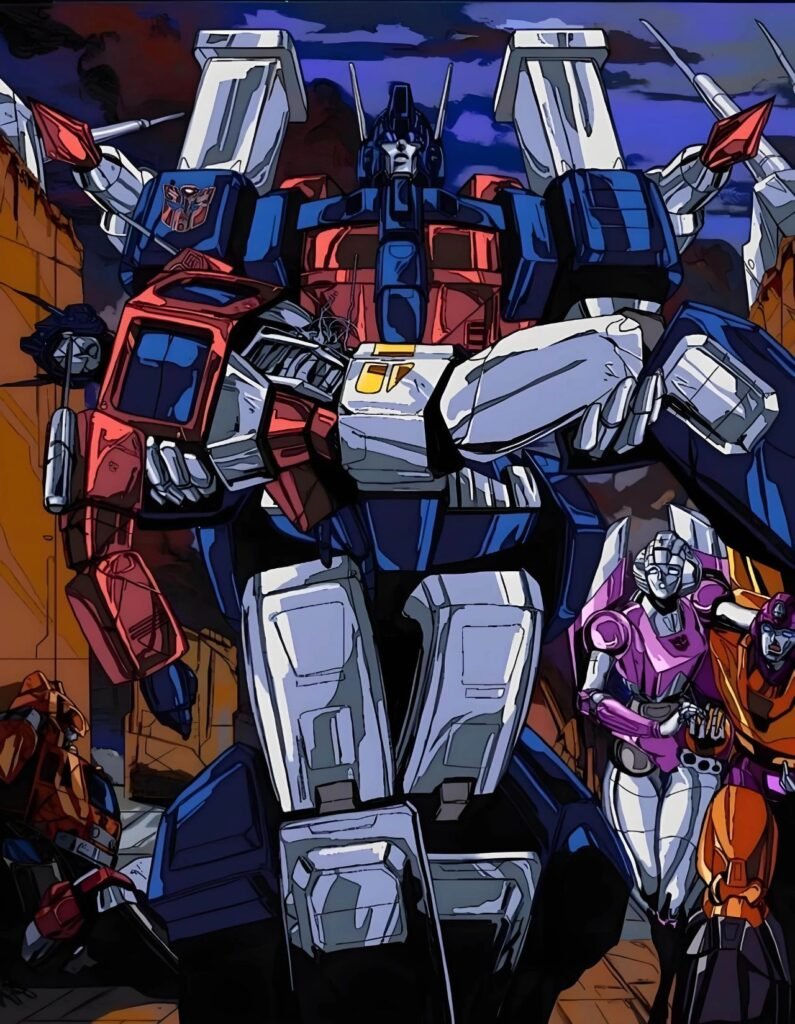
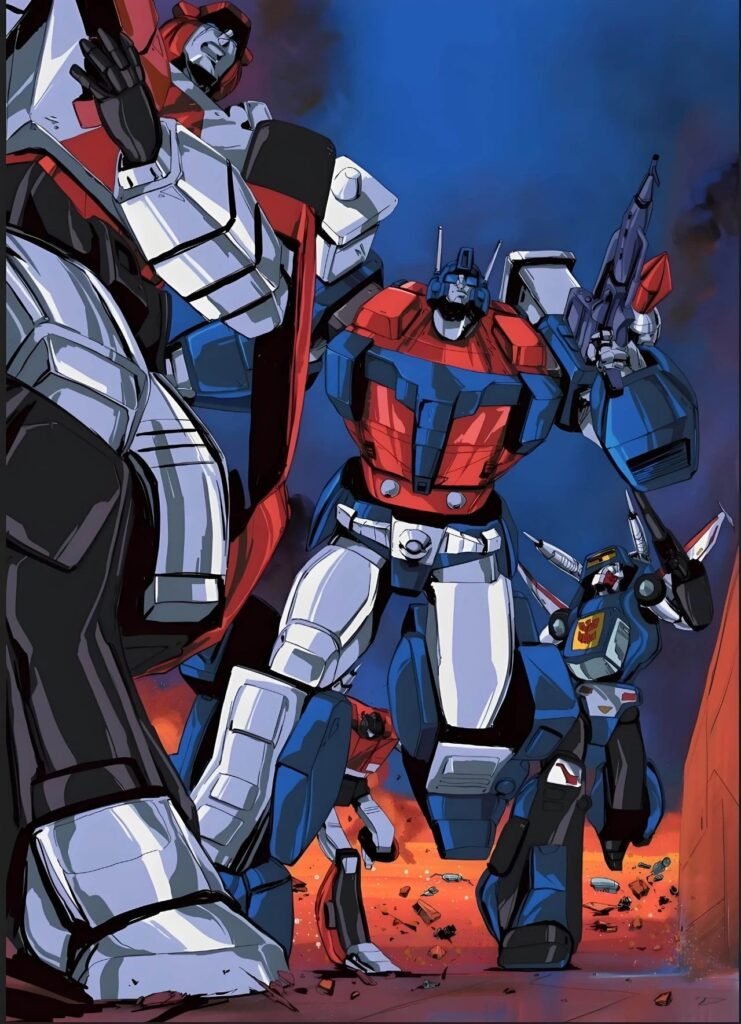
The Warrior’s Self-Definition and Charismatic Contradiction
For loyal fans of the Transformers universe, Ultra Magnus’ iconic declaration—”I am but a soldier.”—resonates deeply as both a succinct self-definition and a profound insight into his character. This Autobot commander, who rigidly defines himself as an executor rather than a leader, embodies a fascinating paradox: a disciplined warrior with latent leadership potential, yet confined by his own sense of duty. Serving as Optimus Prime’s most trusted lieutenant, he exists as both the steadfast right hand of a legend and a prisoner of his own convictions, a complexity that cements his unforgettable place in the hearts of fans.
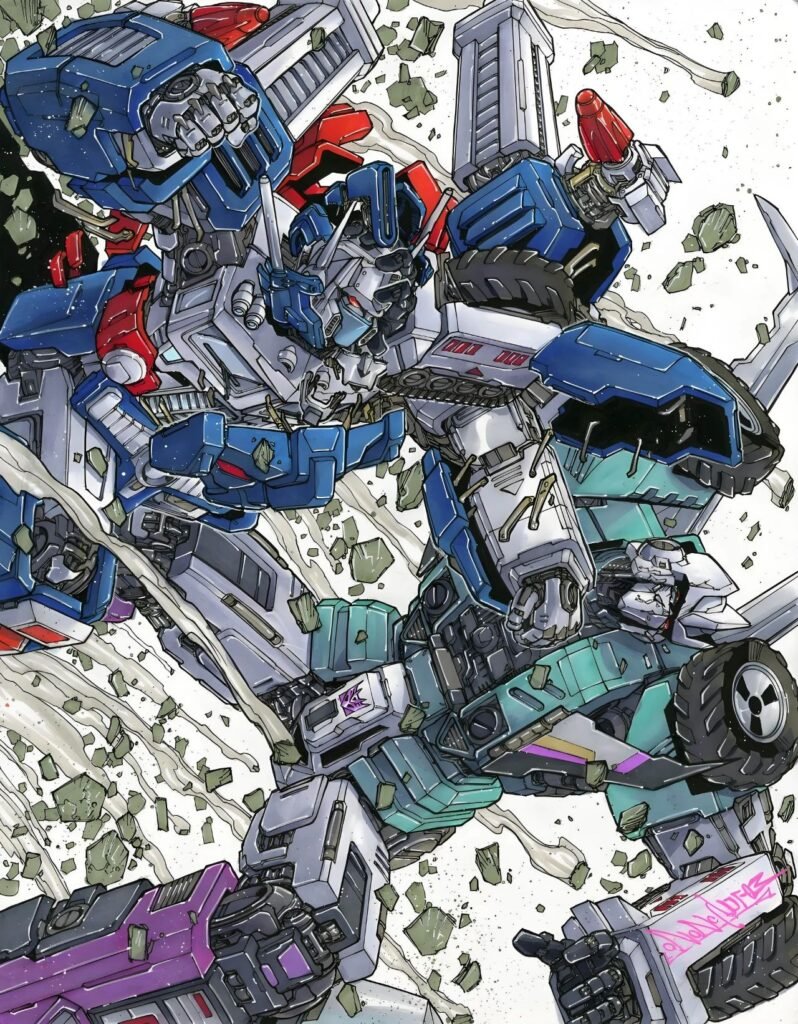
The Fateful Turn: The Heavy Mantle of Leadership
In the 1986 Transformers: The Movie, Optimus Prime’s dying act of entrusting the Matrix of Leadership to Ultra Magnus was meant to signal a new era of Autobot leadership—instead, it became a cruel twist of fate. Confronted by Shockwave’s merciless Decepticon onslaught, Magnus failed to awaken the Matrix’s power, ultimately passing the relic to Hot Rod (later Rodimus Prime). This moment sparks enduring debate: Was he lacking the fiery passion of a true leader, or crushed under the impossible weight of following Optimus Prime? As metal clashed in the vacuum of space, it left not just the scars of battle, but a profound meditation on what defines a leader.
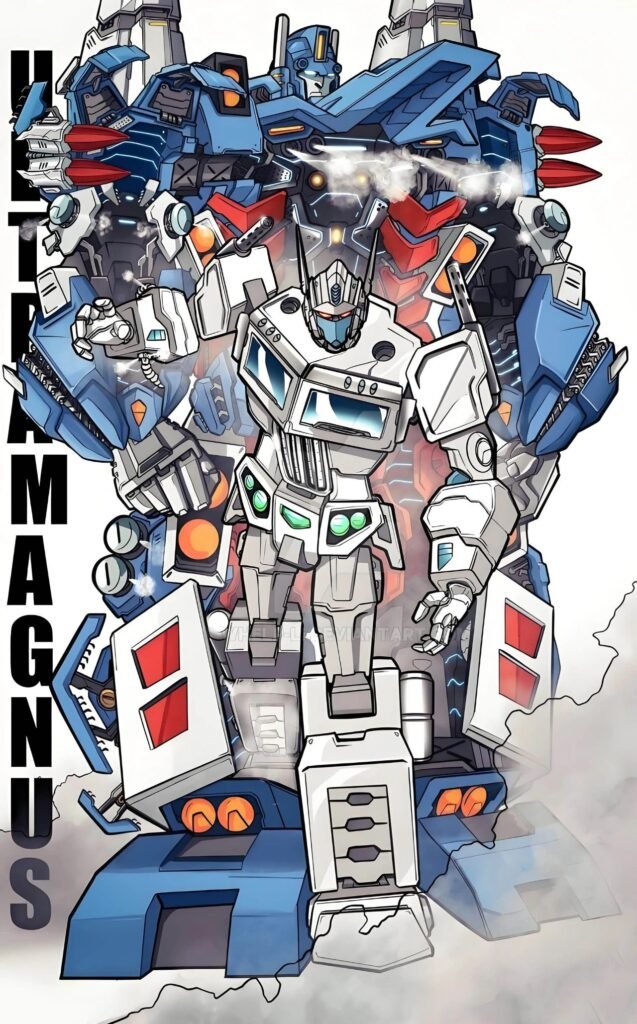
The Double-Edged Sword of Self-Awareness: The Spine of Loyalty, the Shackle of Ambition
Magnus’ mantra reveals the duality of his nature: as a soldier, he is the unyielding backbone of duty—clad in his iconic white armor, wielding a High-Energy Autogun capable of splitting asteroids, always charging into the fray. But as a leader, his self-imposed limits become a fatal flaw. His absolute identification with the role of “soldier” causes him to recoil instinctively when vision and decisiveness are required. This contradiction is explored deeply in the IDW comic Lost Light, where he admits, “Leaders need a vision to inspire followers; I only have plans to complete missions.” This brutally honest self-awareness cements his legacy as the perfect executor, yet seals the door to greater heights.
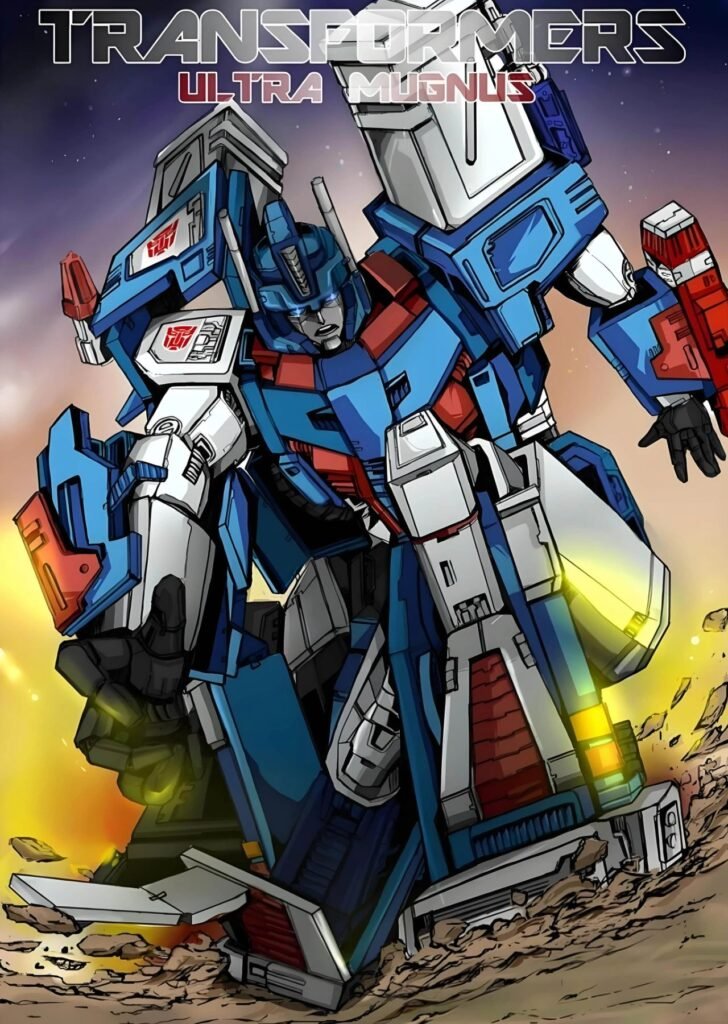
The Conspiracy of Timing and Circumstance: Decision-Making Under the Shadow of Pressure
Viewed through the lens of narrative context, Magnus’ “failure” emerges as a tragic case of wrong place, wrong time. Optimus Prime’s death was more than a loss of life; it was the collapse of a symbol—the Autobots’ flag of “freedom for all sentient beings” fell, leaving the crew in existential crisis. Magnus, thrust into leadership, was forced to operate in Prime’s towering shadow: he faced not just physical enemies, but the invisible challenge of filling a spiritual void. His moment of hesitation with the Matrix may not have been a lack of skill, but a painful realization that he could never replicate Optimus’ myth. Like countless tragic heroes in Cybertronian history, his fate proves a harsh truth: great leadership often requires the perfect alignment of opportunity and soul.
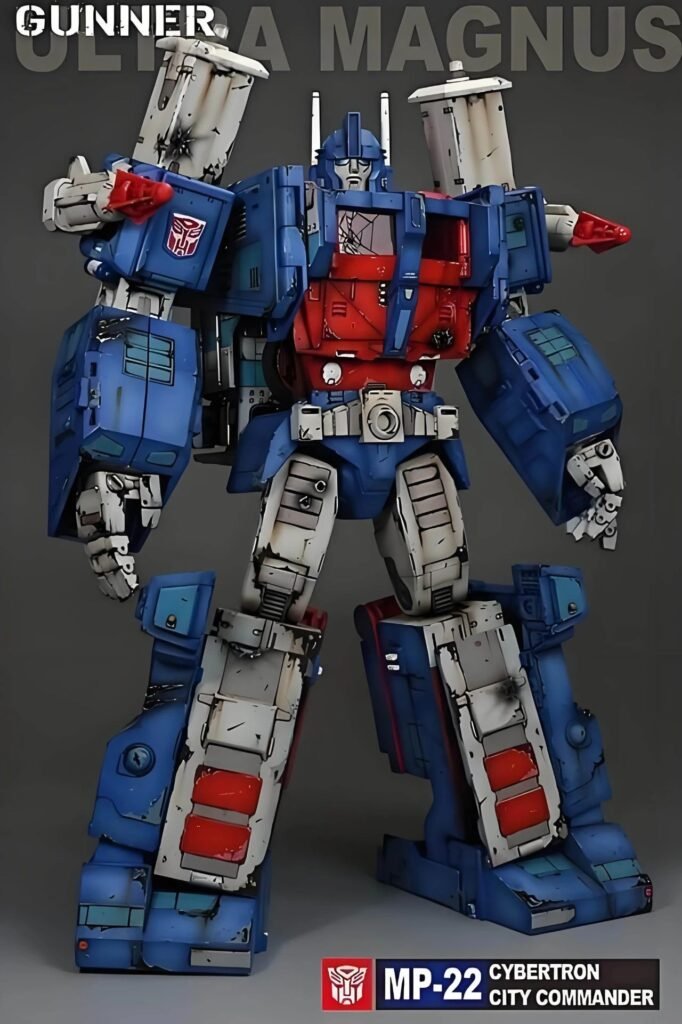
Mechanical Aesthetics as Metaphor: The Spiritual Totem in White Armor
Visually, Ultra Magnus’ design is a physical manifestation of his character: he inherits Optimus Prime’s upright frame and truck alt-mode, yet reinvents himself through color and armor details
—matte white with deep gray mechanical veins, replacing the iconic red and blue. His angular shoulder plating evokes ancient knightly armor, while waist-mounted energy conduits resemble pulsing mechanical veins, blending majesty with
pragmatism. In 4K remasters, this design shines brightest when he kneels to recalibrate Metroplex’s core, blue energy glowing between armor plates against Cybertron’s ringed horizon
—a mechanical ode to guardianship. His form declares that some warriors’ glory lies not in claiming thrones, but in standing firm before what they protect.
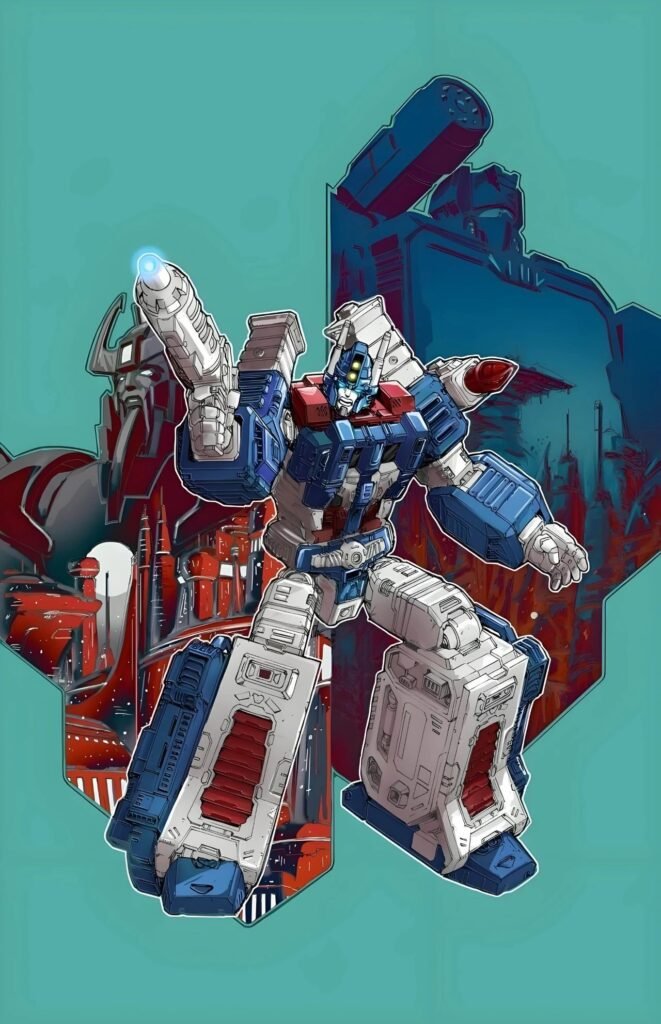
The Eternal Warrior: Defining Self Beyond the Leader’s Shadow
Though he never wore the mantle of leadership, Ultra Magnus achieved transcendence in another form. In the Prime animated series, his command—”Stay in formation, soldiers.”—as he led the Vehicons through a blockade carried more authority than any leader’s speech. He defined power through action, not words. Fans cherish this purity: a Cybertronian who refused to be mythologized, always sure of his place, yet exceeding limits with every charge. His story reminds us that in the Transformers universe, greatness doesn’t require a crown—some legends are etched into the memory of metal and spark through the steady march of duty.
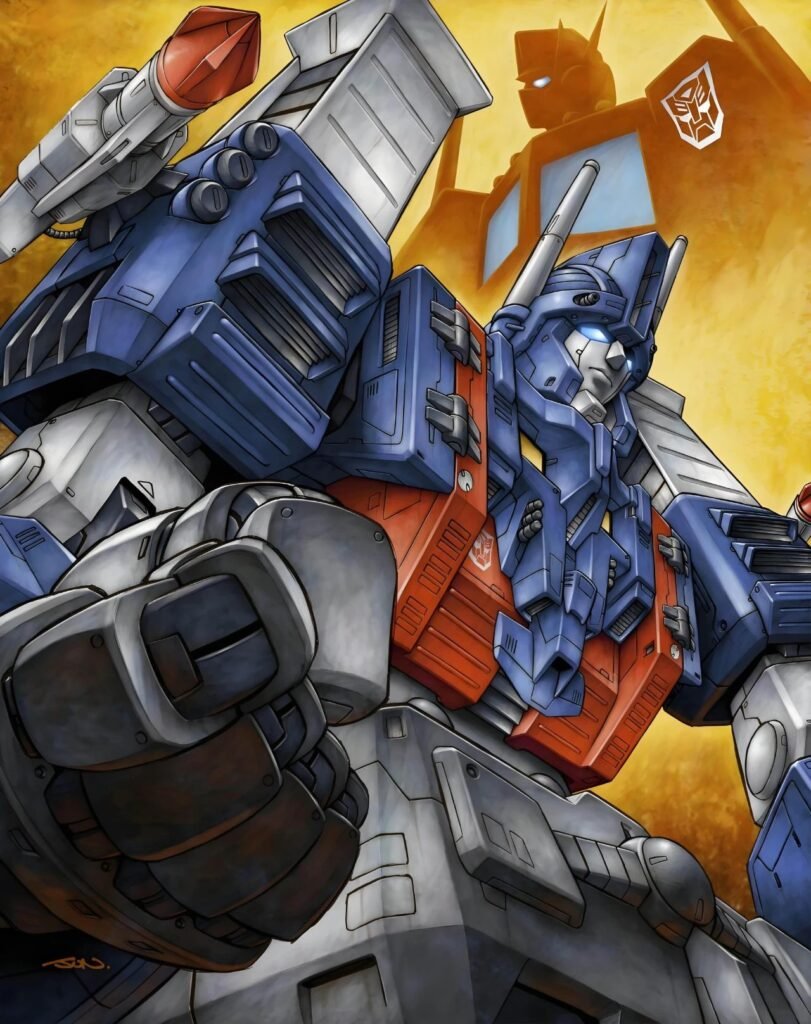
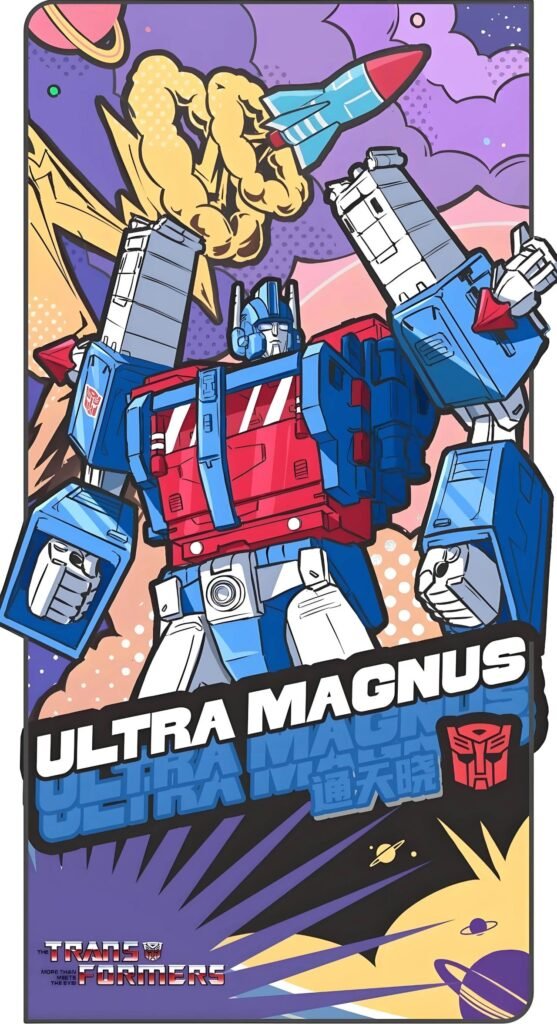
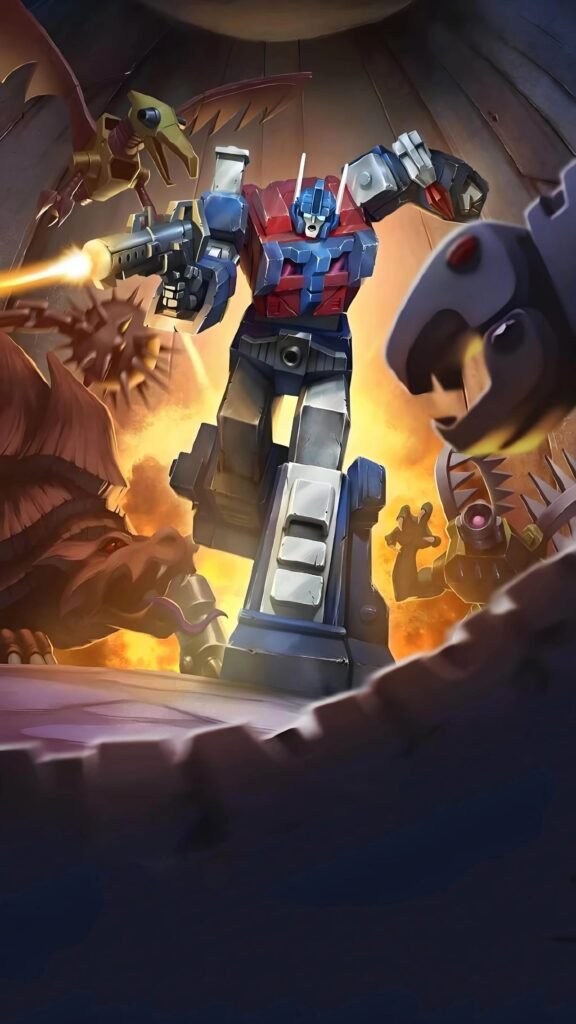
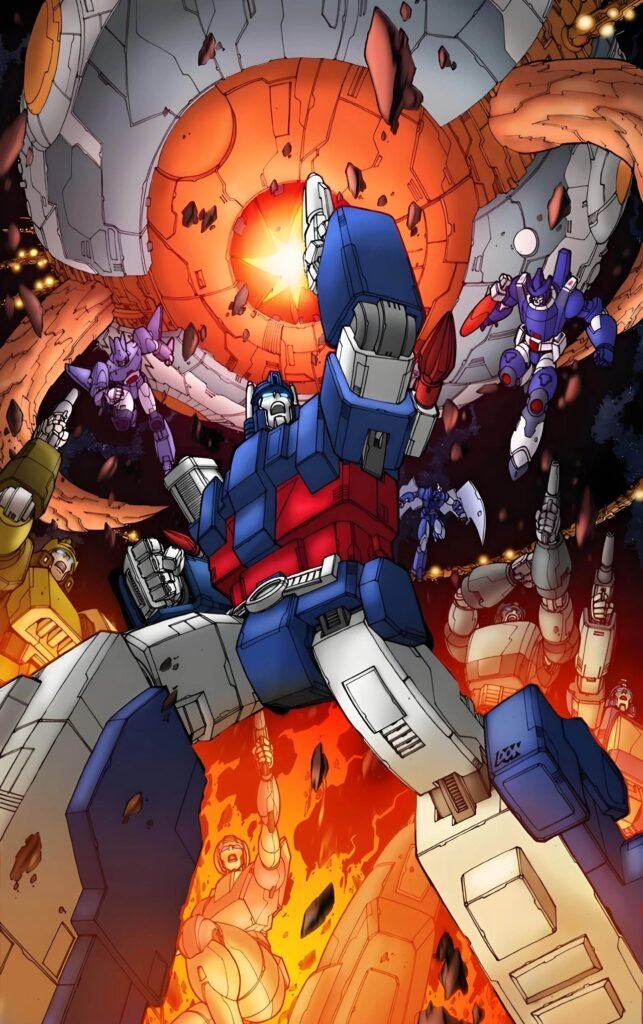
Purchase related toy products:
Transformers toys Newage H27W Conquest & H28 Ultra Magnus
